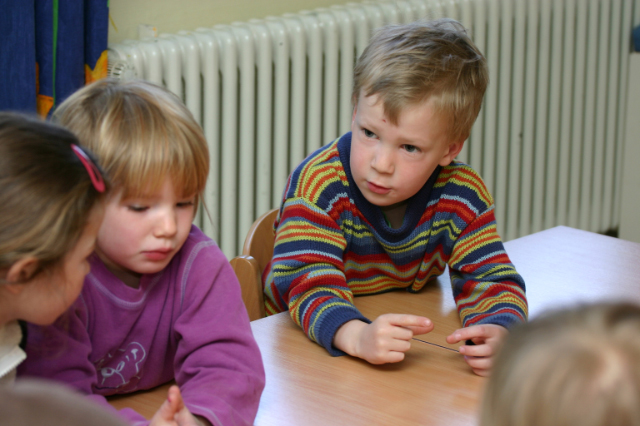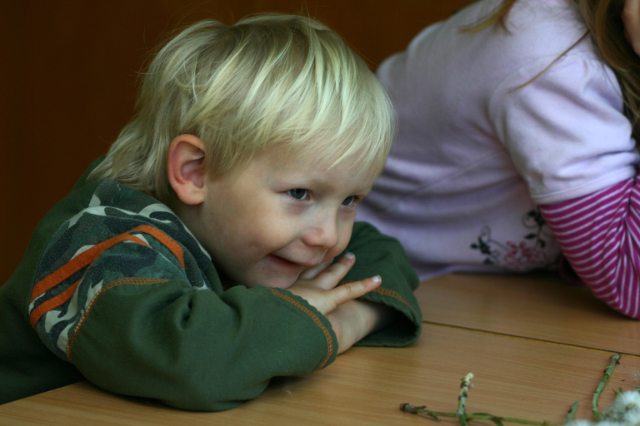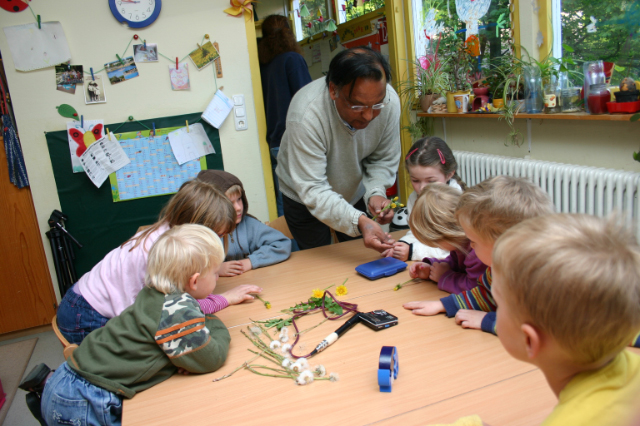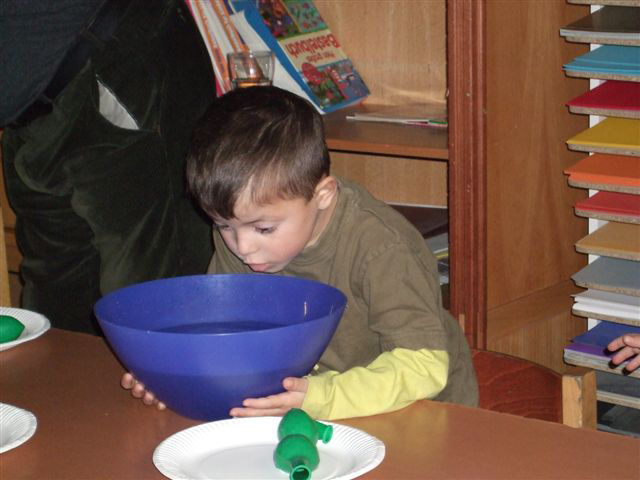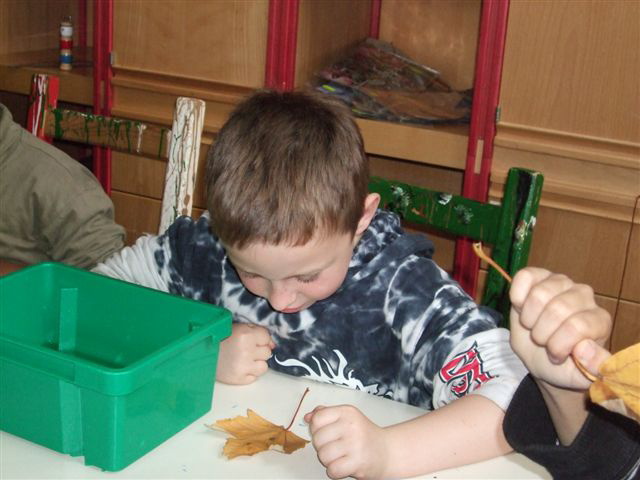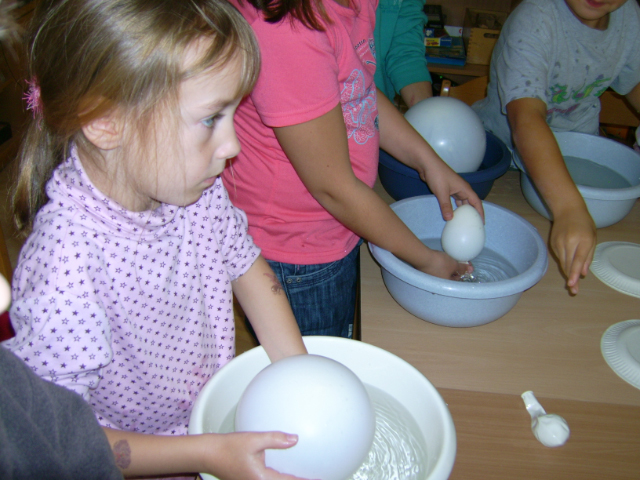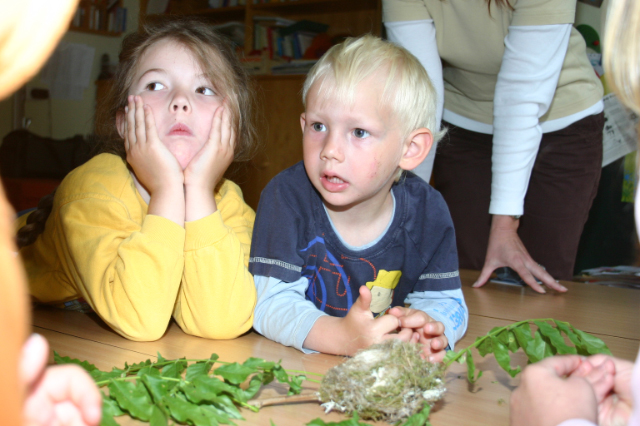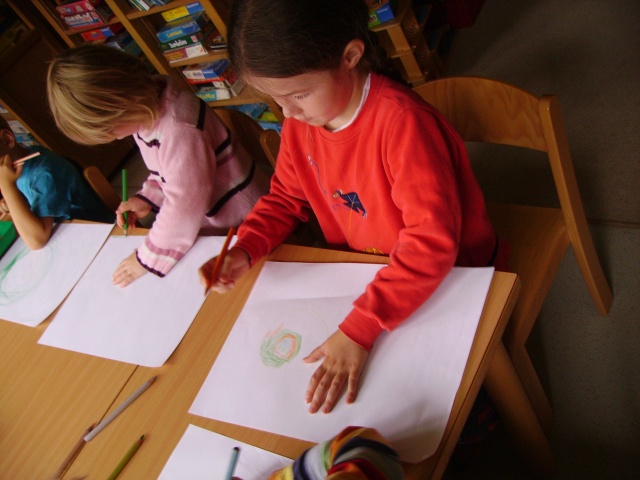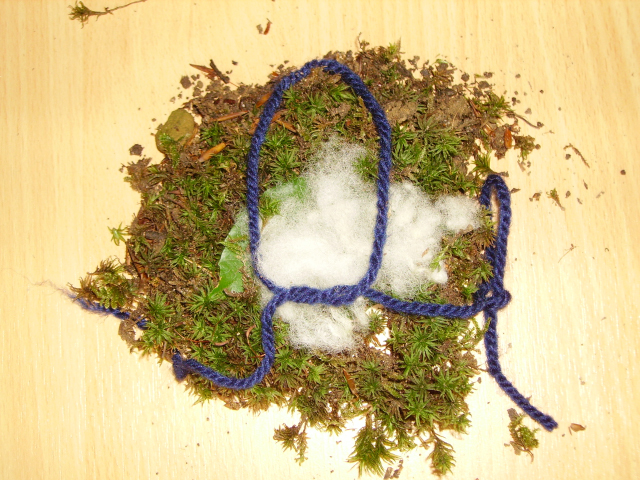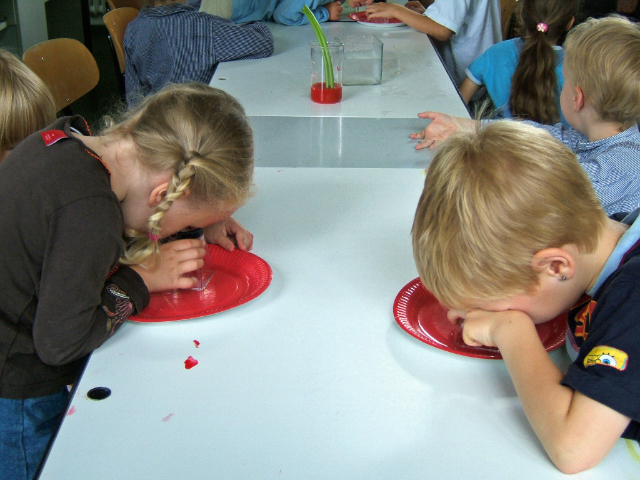“Children will go along with anything, even if it’s nonsense”

Chapters: | Previous | 1 | 2 |
"EINSTEIN DIDN’T NEED A COMPUTER"
After the shocking results of the Pisa study, there was a move to increase investment in early childhood education. The aim was to encourage children to take an interest in the natural sciences from an early age in order to achieve better results at school later on. Do you think that these programmes can promise much success?
After the results of the Pisa study there was also increased pressure on preschools and primary schools. In fact, the Pisa study was not even concerned with this age group, but with 14 to 15 year old children. It is argued that because German schools ranked so badly according to the criteria of the Pisa study, it would be better to offer much more science and mathematics at preschools and primary schools so that the children become better students later and might also go on to study science or technology after leaving school. This is pure speculation, and it is equally likely that there could be a boomerang effect, that is, children might become tired of all these constant experiments.
But generally speaking, it is easier for children to learn new things. Wouldn’t it be advisable to start learning as early as possible?
That comes from the opinion that there are windows in the brain that are open at an early age but supposedly close again later. That was a premature conclusion reached by neuroscientists that has continued to worry parents. Many parents think, “My child has to learn lots and lots while the windows are still open and before they close again.”This theory is completely unfounded. We now know that we can keep learning throughout our entire lifetime, and that such windows do not exist. Of course it is correct that at an early age everyone becomes interested in things and has an enormous thirst for knowledge compared with older people. But to speak of windows that open and close is utter nonsense.
What role does the family environment play in early childhood learning?
If the environment offers children a very large number of stimuli and induces them to reflect on various things, children learn more. The same applies to the home; if a lot of communication takes place there, if there are many stimulating things happening there, if there are siblings present, these children learn much more than children who live in a household where there is little communication, where there are few activities. In order for children to learn, the environment must animate the children to become independent, develop their own ideas and behave actively. They should be encouraged to do things independently and to be creative. The question of how this environment should look is one that adults must keep asking themselves. How can they create an environment that stimulates children to ask lots of questions, motivates them to explore their world and develop new skills?
What is your impression of childhood today? Do you feel that children still have enough opportunities to discover things by themselves?
Germany is a wealthy country. Children here are very privileged. They do not have to starve and really have the opportunity to enjoy the gift of childhood, free from all kinds of worries. That is one aspect. The other aspect is that in this same wealthy country, little is done for children. Whichever city I walk around, I always wonder how you can tell that there are children living there.Apart from a few thoroughly planned, quality-controlled playgrounds, I do not see much evidence. There is hardly any opportunity for children to experience anything by themselves. There are no wild playgrounds where children can build something themselves or where they can construct secret hide- outs. There is a certain counterbalance to material freedom. And this counterbalance comes about when adults exert much greater control over the environment, for example by driving cars.
What was different about your childhood?
Children today have unlimited access to any information available, which is not at all good. Children in my generation didn’t know what was happening in China, for example, or if there was a nuclear disaster. There is a lot of awful information that children today can pick up at much too young an age. The situation is very ambivalent. We must try to keep children away from information that they don’t even have any use for. It doesn’t help them at all; it only disturbs them. Then they might start asking questions like, could the moon fall down from the sky and damage the Earth? Children can already imagine such a possibility.
What do you think of using new media at preschool?
I think nothing of it. Children do not need it. Look, previous generations didn’t have computers and they still managed to live. Einstein didn’t have a computer but still was able to make important discoveries. Creative people in particular don’t need computers. Computers are useful instruments, but only when you really know how to use them. The question is surely, why does a child need a computer? I can’t think of any good reason.What new things could a child learn from a computer?
Chapters: | Previous | 1 | 2 |

